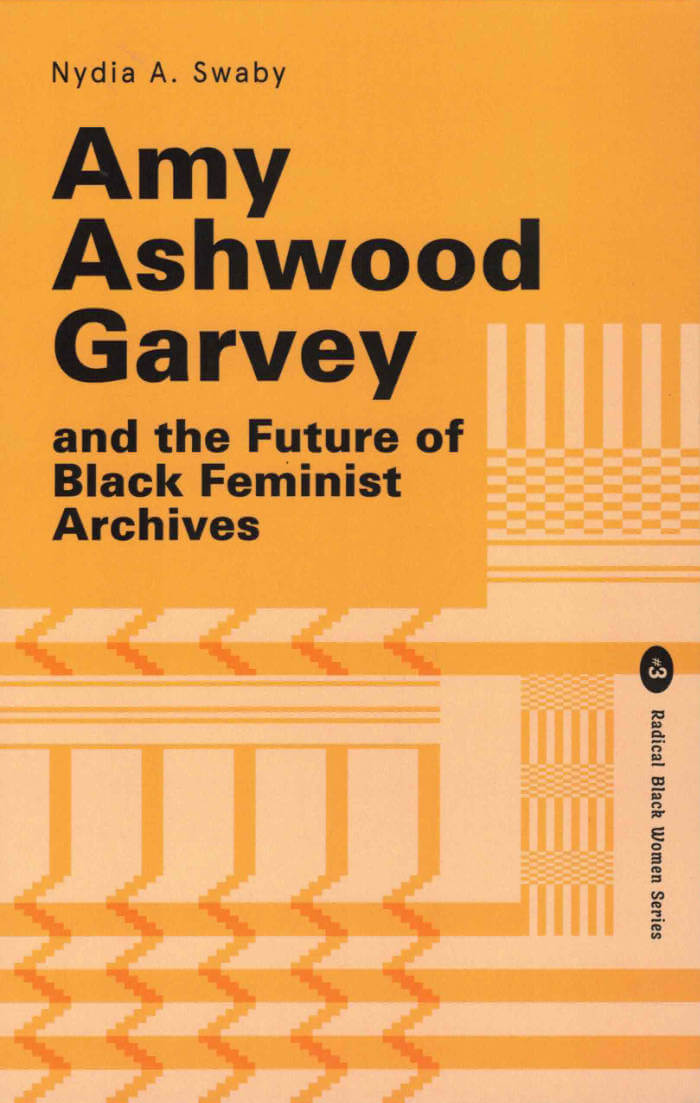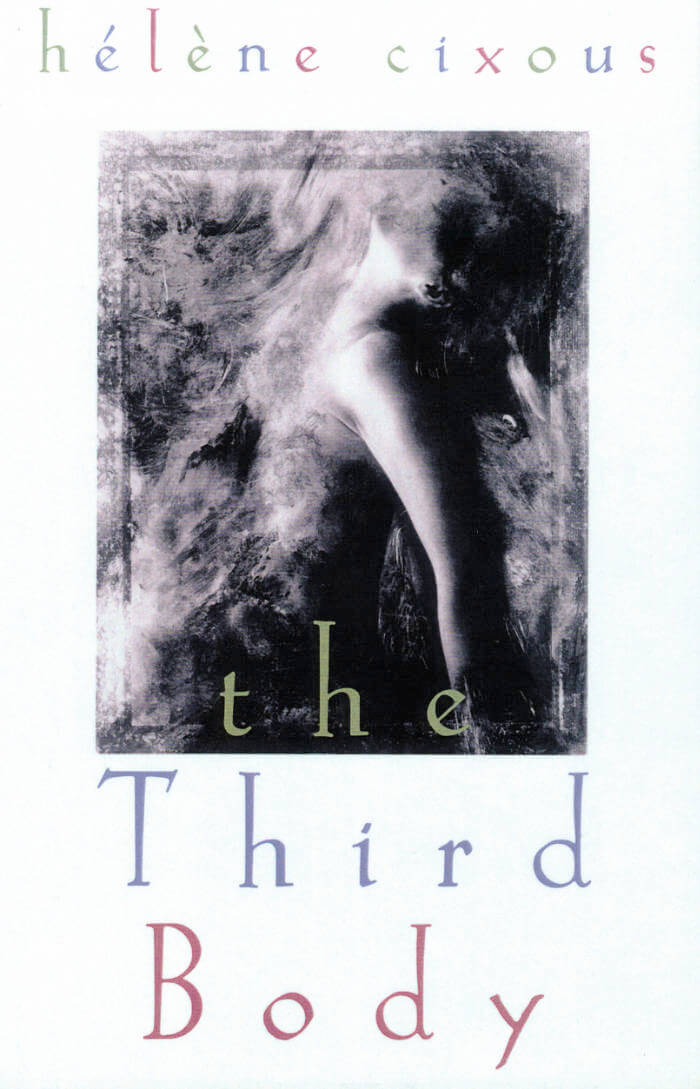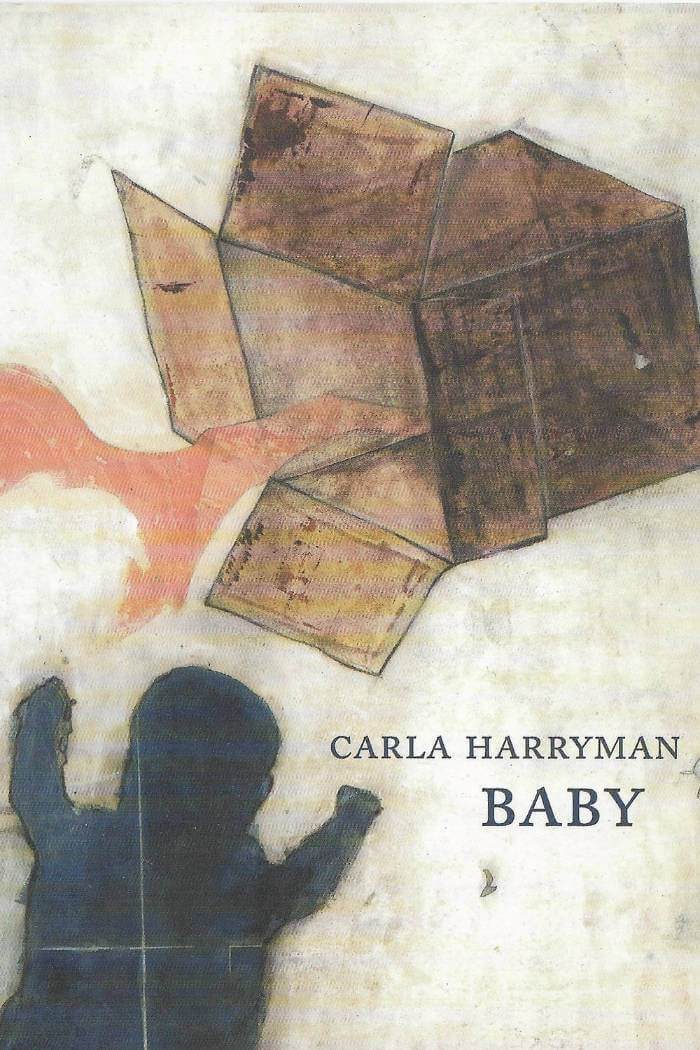This book charts the journey of Black feminist, artist, researcher and curator Nydia A Swaby as she pieces together a biography of Pan-Africanist and feminist Amy Ashwood Garvey from her scattered archive. In turn, it offers a reflection on the future of Black feminist archival practice.
Often referred to as the first wife of Marcus Garvey, Amy Ashwood Garvey’s contributions to movements for social justice, and in particular Black women’s rights, have largely been forgotten, not least since archives about her life and work are spread across the various places she lived.
After helping Marcus Garvey set up the UNIA, one of the most influential Pan-African movements in the world, Amy moved to New York, where she thrived in the Harlem Renaissance. In the 1930s she emigrated to Britain, where she set up a boarding house and social centre called the Afro People’s Centre, and a club called the Florence Mills Social Parlour. Swaby recovers Amy’s life and work as an important political activist, cultural producer and Pan-Africanist in her own right, retracing her steps across the Caribbean, US, Britain and West Africa.
In addition to conducting traditional archival research, Swaby creates a series of ‘curatorial fabulations’, imagining into the gaps in the archive with her autoethnographic practice. Drawing on the work of contemporary Black feminist researchers, archivists, curators and artists, and her own creative practice, Swaby animates the process of creating and curating Ashwood Garvey’s archive. In doing so, she reflects on the practice of Black feminist archiving past, present and future.
This is the third book in LW’s Radical Black Women Series. It will be essential reading for scholars and students of Black feminism, Pan-Africanism, Black British history, Black arts and archival practice. Endorsements forthcoming from leading scholars in the field including Carole Boyce Davies, Ego Ahaiwe Sowinski, Kelly Foster, Kesewa John and Lola Olufemi.





